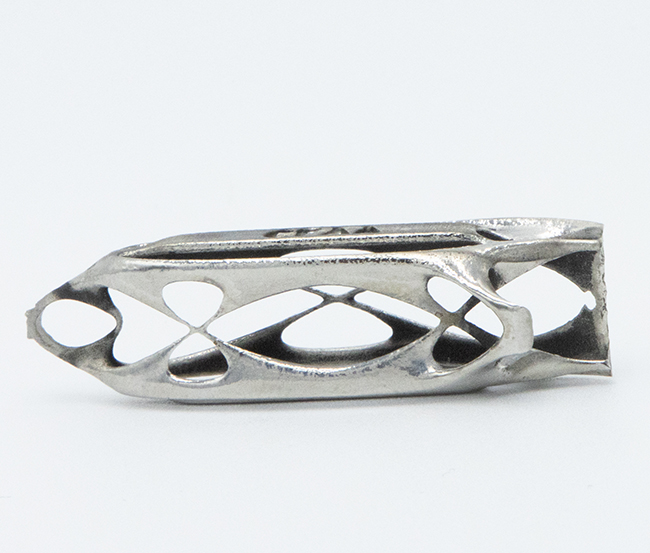
These formulations, which are more sustainable than those currently available, will protect surfaces against corrosion, reduce CO2 emissions by 40% and save up to 20% in costs.
Sol-gel coatings are an effective alternative to paint systems against corrosion, but conventional application methods, such as spraying or dipping, have limitations and do not penetrate across the entire part surface when its geometry is complex. As a result, the parts deteriorate over time, reducing their lifetime, or less complex designs (and then, less light and efficient) are considered to overcome this difficulty.
The Eurostars ELECTROGEL project, funded by Enterprise Ireland (for the Irish partners) and CDTI (for the Spanish partners), aims to adapt a sol-gel formulation developed by TU DUBLIN and Kastus. This technology will provide the necessary conductivity to be electrochemically deposited and to achieve a coating efficiency of almost 100%. To this end, TU-DUBLIN will work on the incorporation of conductive additives of various kinds, while the Irish company KASTUS will be responsible for scaling the preparation process of the newly developed formulation. MAIER and MUGAPE will validate the new formulation on chrome-plated polymer and aluminium parts, respectively, for the transport and construction sectors. This innovative formulation and application method is expected to reduce CO2 emissions by 40%, energy consumption by up to 15% and costs by up to 20%.
CIDETEC Surface Engineering, as a collaborator of MAIER and MUGAPE, will place its experience in sol-gel and electrochemical deposition at the service of the project. The centre has pilot lines for electrochemical and chemical treatments, as well as testing and validation capabilities for coatings.